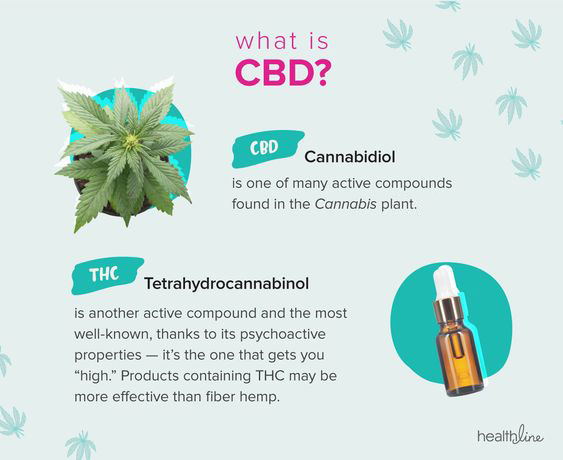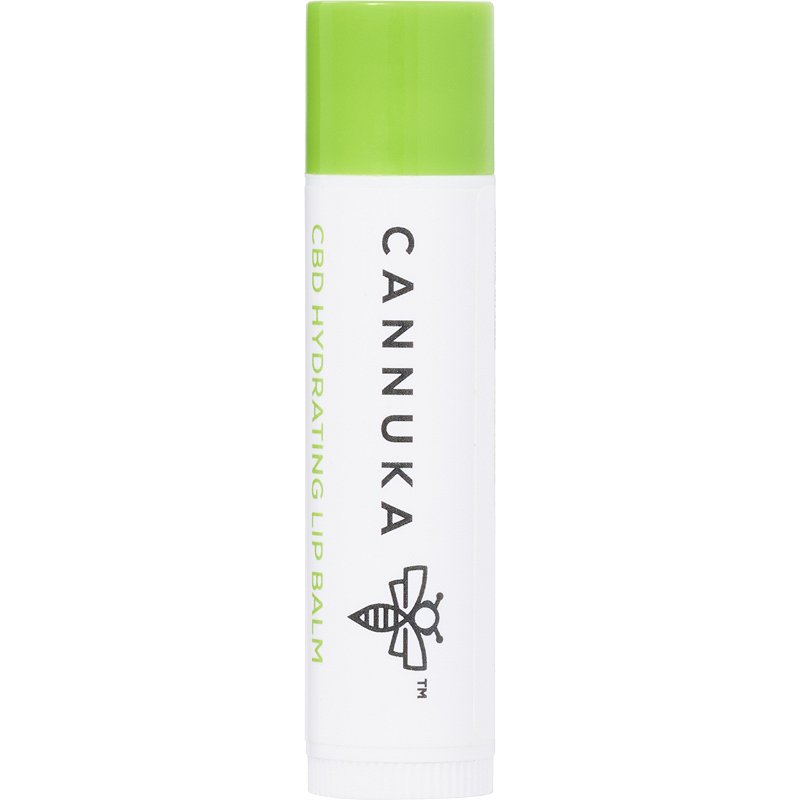
It is important to understand how much CBD to take for your specific body size. Individuals with larger bodies will require higher CBD doses, while those with smaller bodies may need to take lower doses. The recommended CBD dose is two to three grams per day. Before starting any CBD supplement, you should consult with your doctor.
Anxiety symptoms
CBD has recently been found to reduce anxiety in some clinical trials. Researchers have found that CBD reduces anxiety by as high as 50 percent in some individuals. These results are preliminary. CBD was also shown to decrease anxiety in rats in another study. This could be due to a decrease of anxiety and tranquilization subscales in the VAMS.
CBD is one among many chemicals found in cannabis plants. It interacts in the brain with the cannabinoid-type 1 receptor and the serotonin 5HT1A receptor. The compound has been shown to significantly reduce anxiety symptoms in both humans and animals.
Symptoms of Post Traumatic Stress Disorder
CBD has been proven to be effective in reducing symptoms of PTSD, according to research. This condition is caused by exposure to a traumatic event. This is a common mental disorder that affects many Australians. It's more common in females and can be present at any time. Patients often struggle to live a normal life. Therapy or medication is used to treat it.

PTSD is often associated primarily with war veterans. However it can also be triggered after other traumatic events such sexual assault or child neglect. People with PTSD can experience persistent symptoms that impact their personal, professional and social lives. These symptoms can be managed safely and effectively with CBD.
Pain symptoms
CBD has the potential to reduce pain. It works by binding with serotonin receptors in your brain and is therefore an anti-inflammatory agent. Studies have shown it can reduce pain and ease neuropathic symptoms. This pain is caused due to damage to the peripheral nerves of the body. This condition is debilitating and causes permanent nerve impairment. It makes you hypersensitive to pain signals.
CBD is an excellent pain reliever. It has anti-inflammatory properties and can help reduce joint pain, swelling, and stiffness. It is best for people who suffer from moderate to chronic pain. It comes in many forms: capsules, topicals, oils, and even oil.
Droozing symptoms
A retrospective review of adult CBD-treated patients revealed that CBD could cause sleep disturbances and drowsiness. The majority of patients were being treated for anxiety and/or sleep disorders, and CBD was used as part of their routine care. Although these findings were encouraging, more research is needed in order to determine if CBD is safe to be used during sleep.
Before you take any supplement or medication, including CBD, it is important that you consult a doctor. It may interact with medicines, herbs, or other supplements. You can have cbd checked by your doctor to determine if it is safe to use during pregnancy.

Overdose symptoms
CBD is a nonpsychoactive compound that can be found in cannabis plants. Although CBD does not cause a high, it can lead to side effects. These side effects include diarrhea, vomiting, and drowsiness. In the most serious cases, CBD overdose may lead to coma and death.
Although overdose symptoms are generally mild, some people may have difficulty absorbing high doses. In a recent case, a 9-year-old boy required artificial respiration after taking a CBD oil supplement. The CBD oil used by the child had a very low concentration of CBD. Urine tests revealed that it also contained high amounts of THC. Although CBD oil isn't psychoactive, it can have unpleasant side effects such as anxiety, confusion, and respiratory depression.
FAQ
What are some of the common mistakes that companies make when entering America's cannabinoid market
The first mistake is not understanding what the regulations are for cannabis products. This could result in you needing to alter your product formulation.
A second error is not properly labeling your product. You need to know if your product contains THC, CBD, or both.
Thirdly, you should understand how to package your product correctly. If your product contains THC you should ensure that it's packaged in child-resistant containers.
If your product does NOT contain THC you should still adhere to all packaging laws. There is a lot of states where cannabidiol, or CBD (CBD), is legal.
You should also keep track of recalls that may have occurred with your products. If there is a problem with your product, it is important that you inform customers as quickly as possible.
Which are the top CBD brands?
These five top CBD brands are hand-picked by our team based on value, reliability, quality, and price.
They sell CBD oil products of high quality that contain less than 0.2% HCA.
We recommend you also check out our top CBD sellers worldwide.
How big is global CBD market size?
Euromonitor International estimated that the global CBD industry was worth $US3.5 billion in 2015. This is more than 10% higher than 2014
This figure is expected to grow at an average rate of 12% by 2020.
CBD products are predicted to account for half of all the hemp-derived products globally by 2020.
This includes CBD oils and other CBD products like food, beverages, cosmetics and pet care items.
What is the difference in CBD prices between states?
Prices for CBD products can vary depending on where you live. You can even find prices that are more than 10 times higher in some places!
The prices go up the further you go north. CBD is expensive in Alaska on average at $35 per gram. It costs in Hawaii around $200 pergram.
This trend is continuing across the country. Prices can range from $5-$2,500 per gram.
This is why?
Variable levels of regulation can explain why prices differ so greatly. Some states require that CBD products have very low levels of THC (the psychoactive part of marijuana). Other states don’t care about how much THC is in CBD products.
This is why some companies decide to sell products in one country and then send them to another.
What are the prospects for the CBD industry in the future?
The future is bright for the CBD industry. It is clear why so many people are getting on board with this industry. With over $1 billion spent globally by consumers on CBD products alone, it's not hard to see how this market is growing exponentially.
According to Statista, worldwide sales of cannabidiol (CBD), are expected to hit $22.4 billion in 2019. That's almost 200% more than in 2018!
It is also expected that the CBD market will grow at a compound annual growth of 22.5%. That would translate to approximately $6.8 million in revenue by 2020.
This is great news not only for existing businesses but also for companies looking to get into the sector. However, we must be aware that the CBD market is still very much in its infancy and will face some challenges along the way.
Is there any evidence CBD has anxiety-reducing properties?
CBD oil can be used to treat anxiety. It interacts with CB1 receptors and CB2 receptors in your brain. The mood and stress responses are controlled by the endocannabinoid system.
CB1 receptor activation occurs when our bodies feel anxious. This receptor triggers the amygdala to activate, which is responsible in emotional processing.
The CB1 receptor can be blocked so that the amygdala does not receive the signal it needs to process emotions. People who use CBD have fewer negative emotions.
2017 study found that CBD helps reduce anxiety in social phobia patients. Another study concluded that CBD had a positive effect on symptoms of PTSD.
A 2018 review concluded CBD's anxiolytic qualities could be helpful in treating generalized anxiety disorder.
Another study suggested that CBD may also help to reduce panic attacks.
Numerous studies have found that CBD can increase anxiety in mice.
Researchers believe this discrepancy in animal data and human data could be due to differences between humans and dogs' responses to CBD.
CBD is not subject to any long-term safety tests. Experts agree that CBD is safe when taken as directed.
Statistics
- As a substance that was federally illegal before the passage of the 2018 Farm Bill, hemp-derived cannabinoids with no more than 0.3% THC still face a regulatory grey area. (forbes.com)
- HR −16 mmHg; 95% CI −26, −6; I2 = 92%) (ncbi.nlm.nih.gov)
- A recent systematic review of human trials also reported that individuals with epilepsy receiving CBD (5–20 mg·kg−1·day−1) were more likely to experience decreased appetite than those receiving placebo (i.e., ~20 vs. 5% of patients) (ncbi.nlm.nih.gov)
- A recent study [161] also found that in vitro CBD treatment (i.e., ≤ 2 h exposure to 10 μM) induced ~40% vasorelaxation in isolated (pre-constricted) (ncbi.nlm.nih.gov)
- CBD seems unlikely to directly influence sleep in healthy humans [115] (and maybe “sleep-promoting” in those with certain comorbid conditions) (ncbi.nlm.nih.gov)
External Links
How To
What are the major issues facing the CBD industry in general?
The current market for CBD products is growing at an incredible rate. There are many hurdles businesses face when trying to enter the CBD market. These include lack of consumer awareness and high costs of entry, limited capital access, and regulatory uncertainty.
Many people are not aware of what CBD is, or how it functions. This means they are not able to make informed choices about whether or no to purchase CBD products.
As a result, most CBD companies rely heavily on word-of-mouth marketing. This is expensive as they must pay advertising costs and to hire staff to market their brand.
High production costs are another problem facing new entrants in the CBD industry. High prices are a major problem for CBD products because of the high cost of raw materials. To make CBD oil, hemp must be grown in certain climates and soil types.
Grow enough hemp to produce CBD oil requires approximately $1,000 per annum. This means that many small farmers cannot afford the cost of starting.
Another challenge new entrants face in the CBD market is the lack of access to capital. Due to the stigma surrounding the industry, banks discourage many people who wish to start businesses.
Finally, there is regulatory uncertainty surrounding the sale of CBD products. There are currently no guidelines on how CBD products should marketed.
Although some states have passed legislation restricting CBD product sales, this has not become a national policy.
Only two states, Nevada and Maine, have yet to legalize recreational marijuana.
Massachusetts and Michigan have considered similar measures.
These changes could increase competition among CBD manufacturers.
Many entrepreneurs prefer to work at home over starting a business.